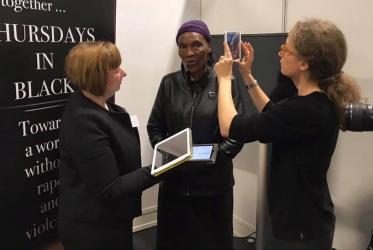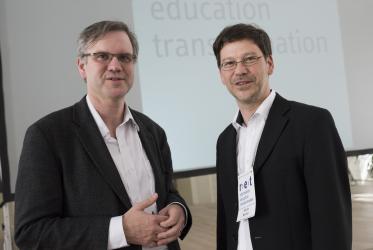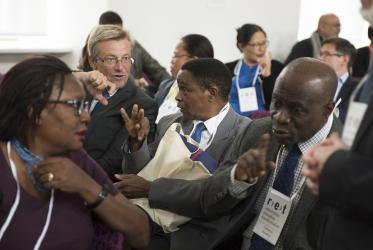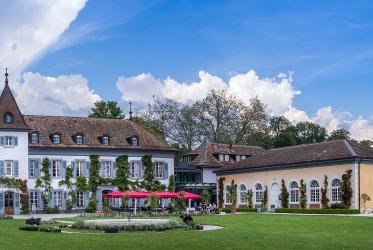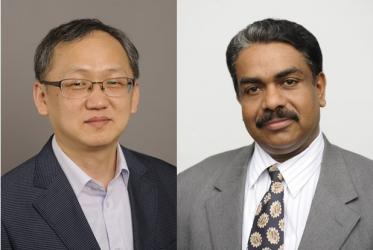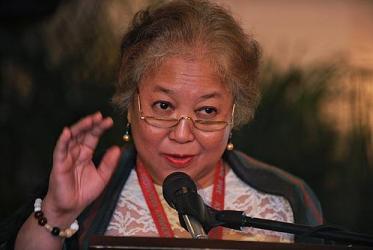Displaying 61 - 80 of 85
31 May 2017
In Lebanon, refugees face hardship - but find hope
16 March 2017
WCC hosts discussion on religious radicalisation
13 December 2016
Fleeing from – rather than to – a place
10 February 2016
Bossey students combine academics with global relationships
21 October 2015
Theological education initiative begins in Seoul
28 October 2013
Global survey documents trends in theological education
19 September 2013
Dialogue on politicization of religion and rights of minorities
17 September 2013
European theologians discuss Christian witness
01 November 2012
Churches on the move amidst changing landscapes
26 March 2012
CWME invokes new understanding of mission and evangelism
22 March 2012
